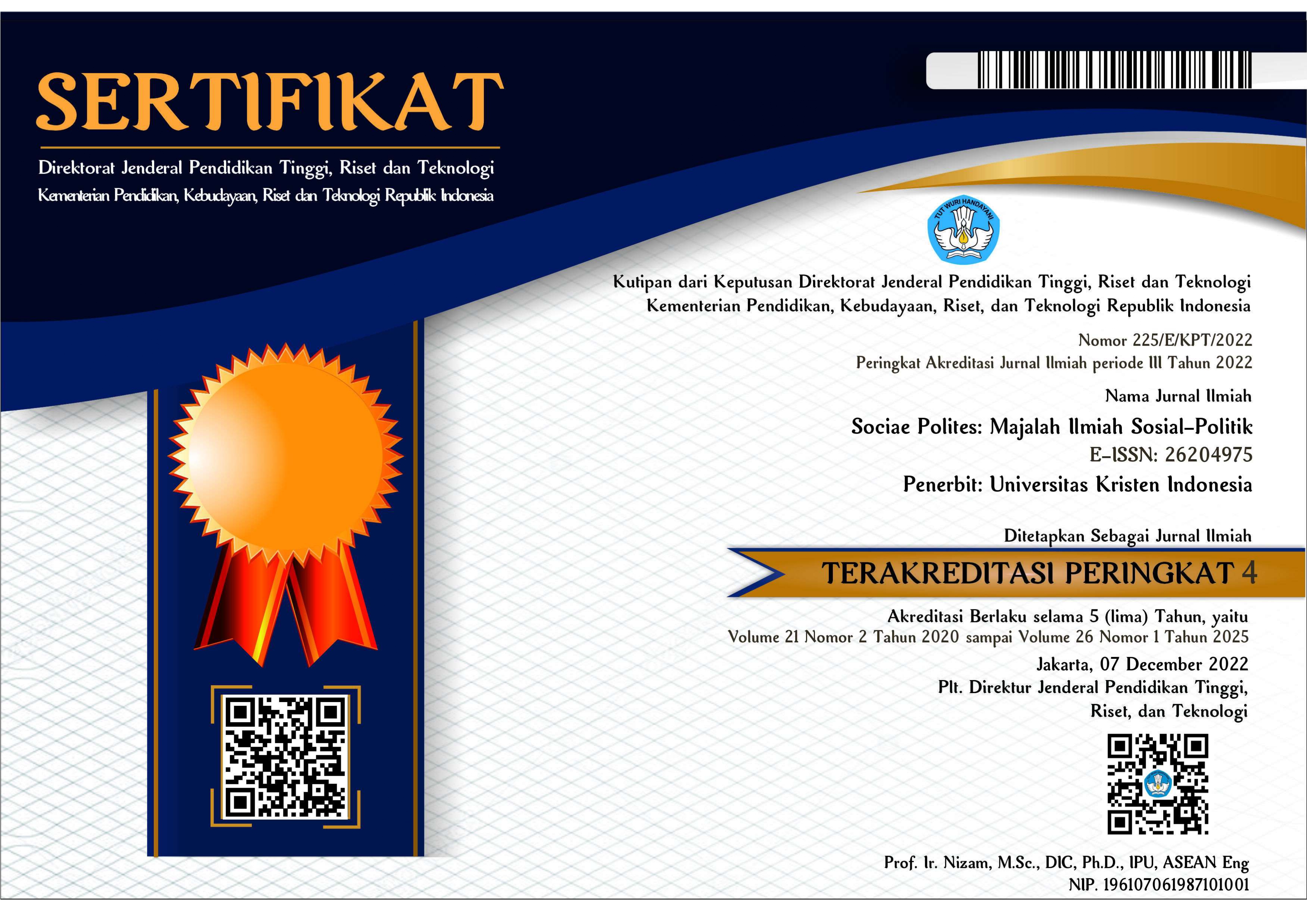INSTITUTIONAL AND CULTURAL DRIVERS OF REFORESTATION AWARENESS AMONG COFFEE FARMERS: A CASE STUDY IN PALINTANG VILLAGE, WEST JAVA
DOI:
https://doi.org/10.33541/sp.v26i1.6787Abstract
This study investigates the influence of the Microlot Coffee Program and coffee production culture on farmers’ reforestation awareness in Indonesia. The research is motivated by increasing concerns over deforestation, land degradation, and the need for sustainable agriculture in rural coffee-producing areas. Based on these environmental challenges, the study hypothesizes that both the microlot program and production culture significantly enhance reforestation awareness among smallholder coffee farmers. A quantitative research approach using Partial Least Squares Structural Equation Modeling (SEM-PLS) was employed to test the proposed relationships. Data were collected from 100 coffee farmers in Palintang Village, West Java, through structured questionnaires developed based on validated constructs. The analysis revealed that the microlot coffee program has a positive and significant effect on reforestation awareness (β = 0.45, p < 0.01), as does coffee production culture (β = 0.38, p < 0.01). The model explains 60% of the variance in reforestation awareness (R² = 0.60). The novelty of this study lies in its interdisciplinary integration of sustainability practices with cultural production norms in coffee farming—an area rarely examined in the context of agroforestry awareness. The findings offer both theoretical insight into the socio-cultural drivers of environmental behavior and practical recommendations for agro-environmental policy and program implementation. By highlighting the combined impact of institutional programs and local traditions, this study contributes to a broader understanding of sustainable rural development in agrarian communities.
Keywords: Microlot Coffee Program, Production Culture, Reforestation Awareness, SEM, Coffee Farmers.


 Sociae Polites: Majalah Ilmiah Sosial Politik
Sociae Polites: Majalah Ilmiah Sosial Politik